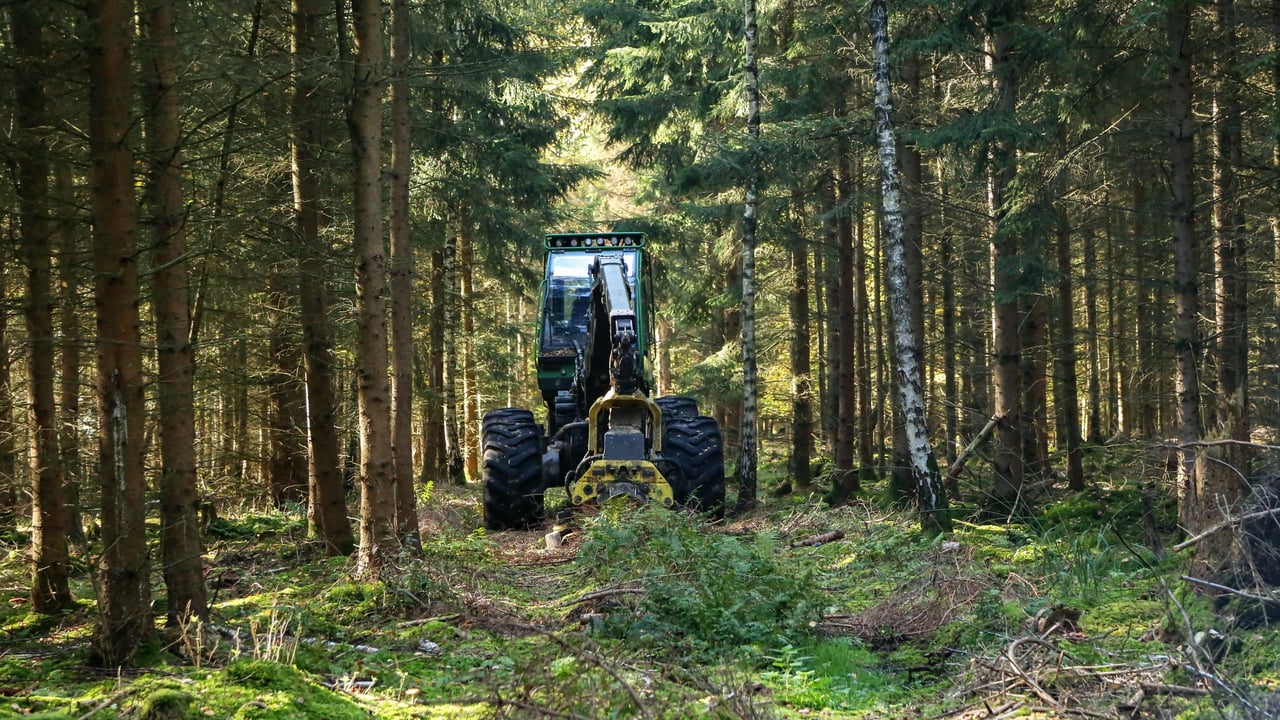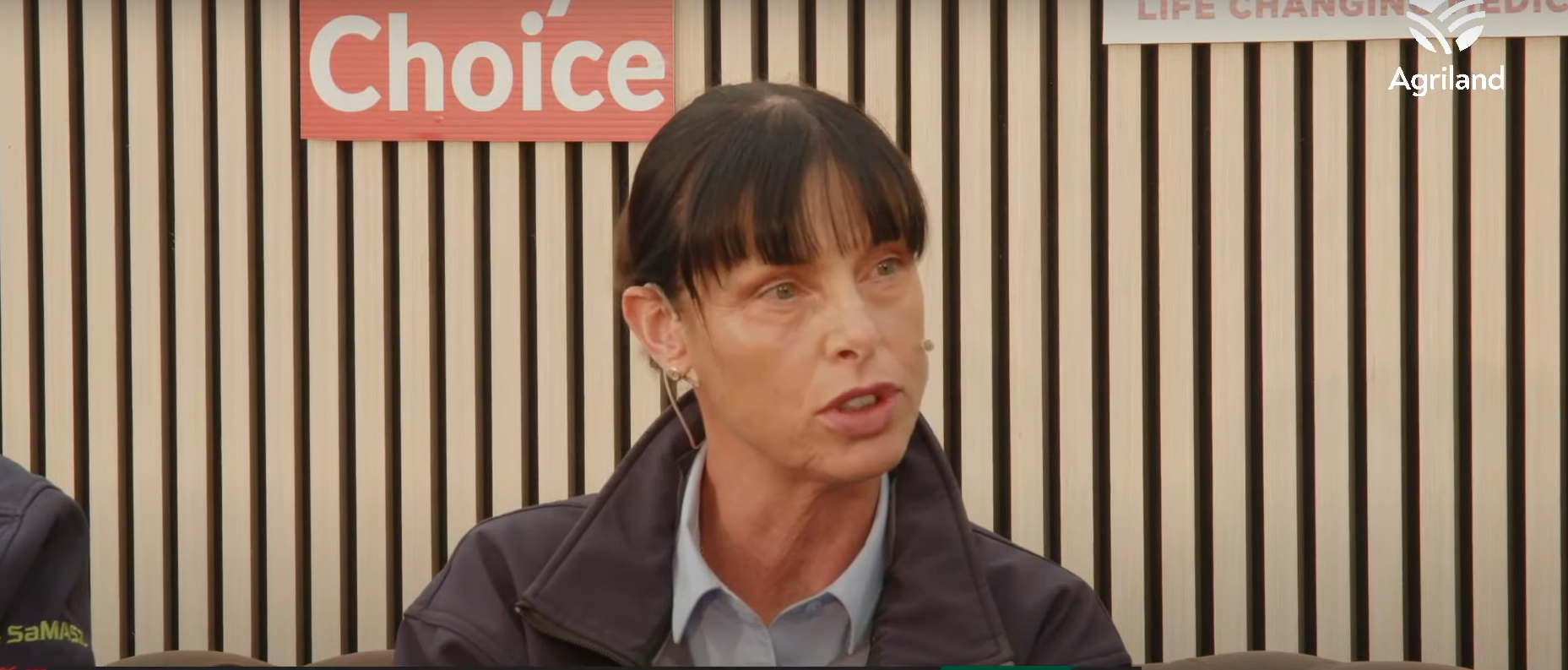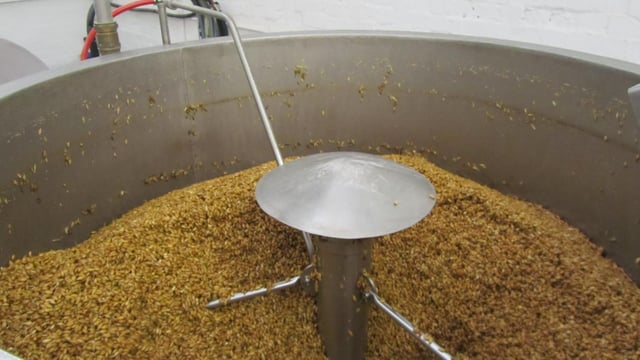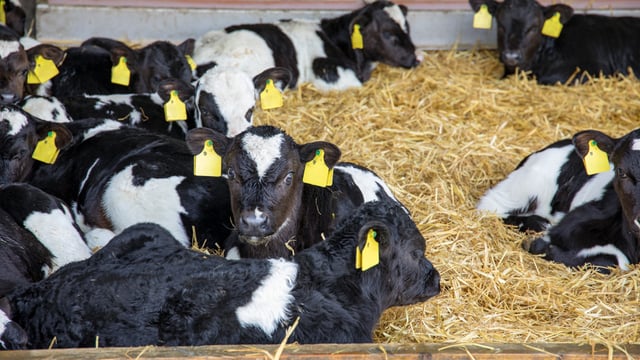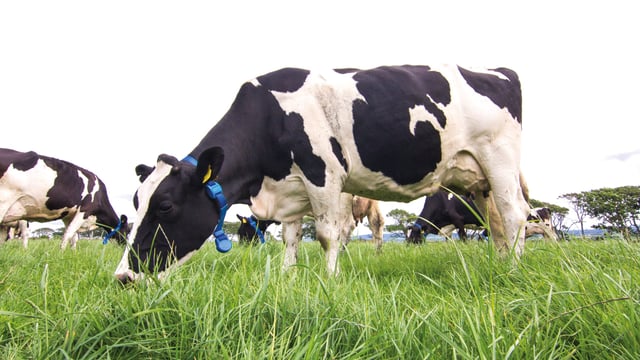FCI calls for ban on import of European forestry machines
The Association of Farm and Forestry Contractors (FCI) is calling for an outright ban on the introduction of foreign-owned forestry machines, while Irish machines are idle.
The association has urged Minister for State with responsibility for forestry, Michael Healy-Rae, not to facilitate the importation of the machines currently working in European forests to deal with damaged caused by Storm Éowyn.
“We are aware that Irish-owned forest harvesting and forwarding machinery is being left idle despite the urgency to harvest the thousands of hectares of windblown timber,” Ann Gleeson Hanrahan, FCI managing director, said.
The FCI also highlighted the potential threats associated with the importation of machines that have recently worked in European forests, which continue to be devastated by the presence of the bark beetle.
“We have been warned by our forestry contractor colleagues within CEETTAR of the huge potential risk to the existing Irish forest industry in providing any opportunities for the bark beetle to move to Ireland.
"These include opportunities for the bark beetle to cross over to Ireland using forest machines fresh from work in European infected forests, as a transport vector," Gleeson Hanrahan said.
"Have we not learnt anything from the devastating impact of ash dieback that we are now preparing to expose the remaining Irish forest stocks to a new and devastating threat when there is ample timber harvesting machinery in the ownership of experienced Irish forestry contractors that are currently idle?" she asked.
The FCI director said that if there is a requirement to get support from forestry contractors from across Europe, it is vital that a machine import licensing and inspection process is put in place for used machines.
She said that this would "ensure that the highest levels of phytosanitary hygiene and protocols are put in place to protect the remainder of our forest resources".
“This bark beetle threat to the Irish forest sector, from the importation of machines that are currently working in European infected forests, must be seen as being equivalent to the impact of any risk of foot and mouth disease in the national cattle herd,” Gleeson Hanrahan said.

